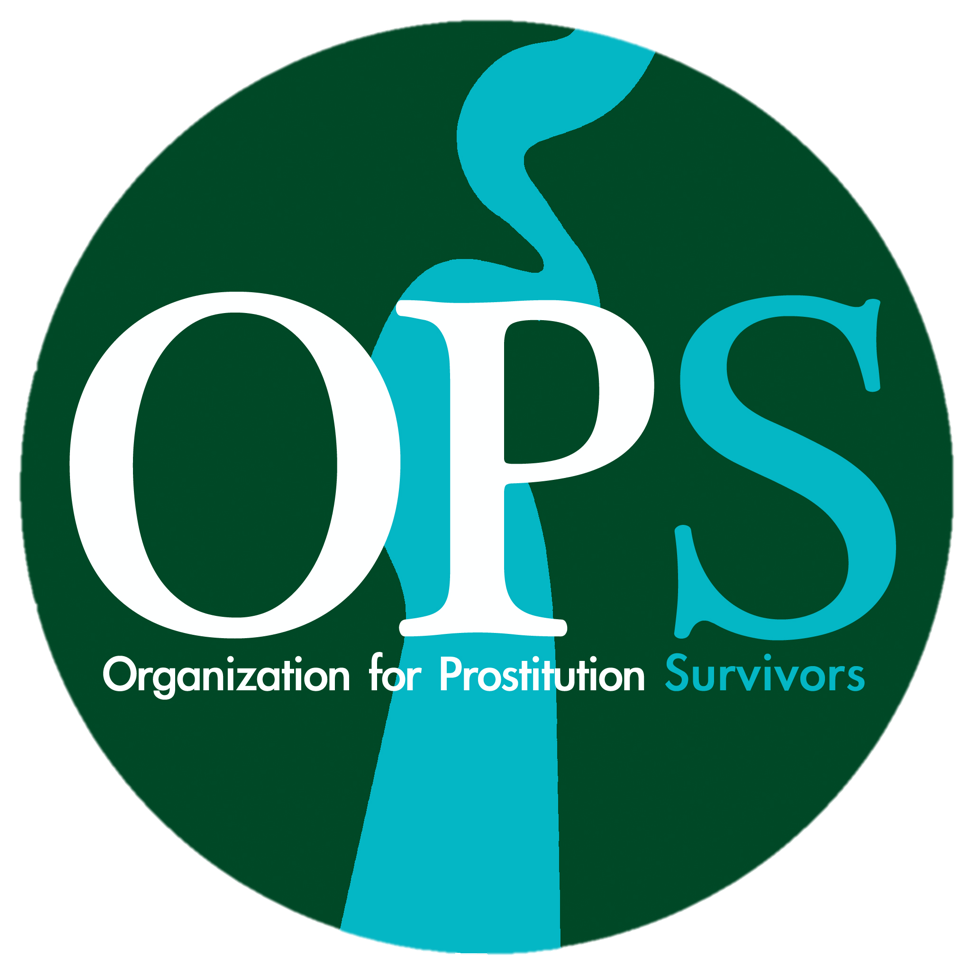Exploring Traumatic Brain Injury (TBI) in the Context of Commercial Sexual Exploitation (CSE)
Traumatic Brain Injury (TBI) is a complex issue that demands our awareness and understanding. Defined as damage to the brain caused by external physical force, TBIs can have lasting impacts on individuals' lives. While the causes of TBIs vary, it's crucial to acknowledge how incidents of trauma, particularly within the realm of commercial sexual exploitation (CSE), can lead to TBI.
In the context of CSE, individuals may experience TBI due to physical violence inflicted by perpetrators. Acts such as aggressive shaking, strangulation, blows to the head, and falls can result in traumatic brain injuries. These injuries often go unrecognized and untreated, leading to a cycle of revictimization and potential long-term neurological damage.
It's disheartening to note that many survivors who experience TBI may not even be aware of their condition. Symptoms of TBI, such as cognitive impairments, memory issues, and behavioral challenges, can be misattributed to mental health issues, delaying proper diagnosis and appropriate care.
Understanding the signs and symptoms of TBI is crucial for survivors and their allies. If you or someone you know has experienced any form of trauma that may have led to a TBI, seeking help from a qualified medical professional is paramount. Early detection and intervention can significantly impact recovery and long-term outcomes.
Survivors of CSE who have experienced TBI may face a myriad of challenges, from cognitive impairments to difficulties in social interactions and emotional regulation. However, it's essential to remember that there are strategies to manage these challenges and promote healing and well-being.
Common Challenges Related to Brain Injury and Ideas to Help You Manage Them
Nightmares, flashbacks, anxiety, or withdrawal
Focus on your breath and practice calming techniques.
Engage in activities you enjoy to distract yourself from distressing thoughts.
Seek support from trusted individuals, such as friends, family, or counselors.
Trouble remembering things, planning, or organizing
Use organizational tools like planners and apps to stay on top of tasks.
Establish routines and habits to assist in memory retention.
Break down tasks into smaller, manageable steps to avoid feeling overwhelmed.
Sensitivity to light or sound, or vision problems
Adjust your environment to reduce exposure to triggers like bright lights or loud noises.
Consult an eye doctor if vision problems persist.
Take breaks and create a calm, quiet workspace to minimize distractions.
Difficulty understanding information, problem-solving, or concentrating
Communicate your needs for slower-speaking individuals.
Break tasks into smaller, more manageable segments.
Focus on one task at a time to enhance concentration and problem-solving abilities.
By acknowledging the intersection of trauma, TBI, and commercial sexual exploitation, we can work towards creating a more informed and supportive environment for survivors. Together, we can empower individuals to seek help, heal, and thrive beyond their past experiences.


